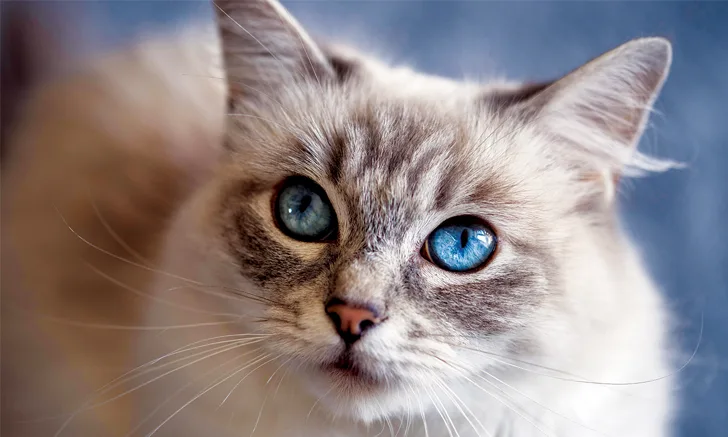Fighting Feline Infectious Peritonitis

Coronaviruses cause diseases such as severe acute respiratory syndrome and Middle East respiratory syndrome in humans and feline infectious peritonitis (FIP) in cats. Coronaviruses have high rates of mutation and recombination, which can result in substantial changes in virulence. Once clinical signs develop, FIP is 100% fatal. The pathogenesis of FIP involves depletion of T cells.
This study examined the pharmacokinetics, safety, and efficacy of a 3C-like protease (3CLpro) inhibitor, GC376 (an antiviral drug), in cats with FIP. Pharmacokinetic and safety studies in healthy cats indicated that GC376 administered SC twice a day had good bioavailability and was well-tolerated over 4 weeks. Cats (n = 8) were infected with FIP virus via intraperitoneal injection. All cats developed jaundice, ascites, absolute lymphopenia, and high fevers before treatment began. Four cats were started on GC376 when only inapparent- to-mild ascites was present; 4 were treated once profound ascites developed. In the latter group, 2 were euthanized after 4 and 7 days of treatment because of severe illness.
The remaining 6 cats were treated for 14 to 20 days and demonstrated improvement in clinical signs and lymphopenia within a week, with no signs of disease during a follow-up period of up to 8 months. Viral titers from macrophages from the ascites in the euthanized cats showed decreasing viral RNA for duration of treatment. The authors concluded these results could lead to the development of an effective therapeutic agent for FIP.
Global Commentary
A fatal disease found worldwide, FIP has been a source of frustration and sadness because of inability to treat affected patients.
FIP is a fatal disease found worldwide. As a practitioner, it has been a source of frustration and sadness because of my inability to treat affected patients. Recently, we were hopeful about a nonspecific biologic; unfortunately, however, using this agent to treat the dry form of FIP has not panned out.
Although it is premature to celebrate, the possibility of a specific and effective treatment with GC376 is exciting. It has only been studied in a small number of cats, but a field trial in naturally occurring cases is underway. The preliminary report1 states that more drug than anticipated is needed and that once neurologic, the treatment is ineffective. The study is limited to patients at University of California, Davis, and the initial 9 cats are being followed long-term before new cases are accepted.—Margie Scherk, DVM, DABVP (Feline Practice)